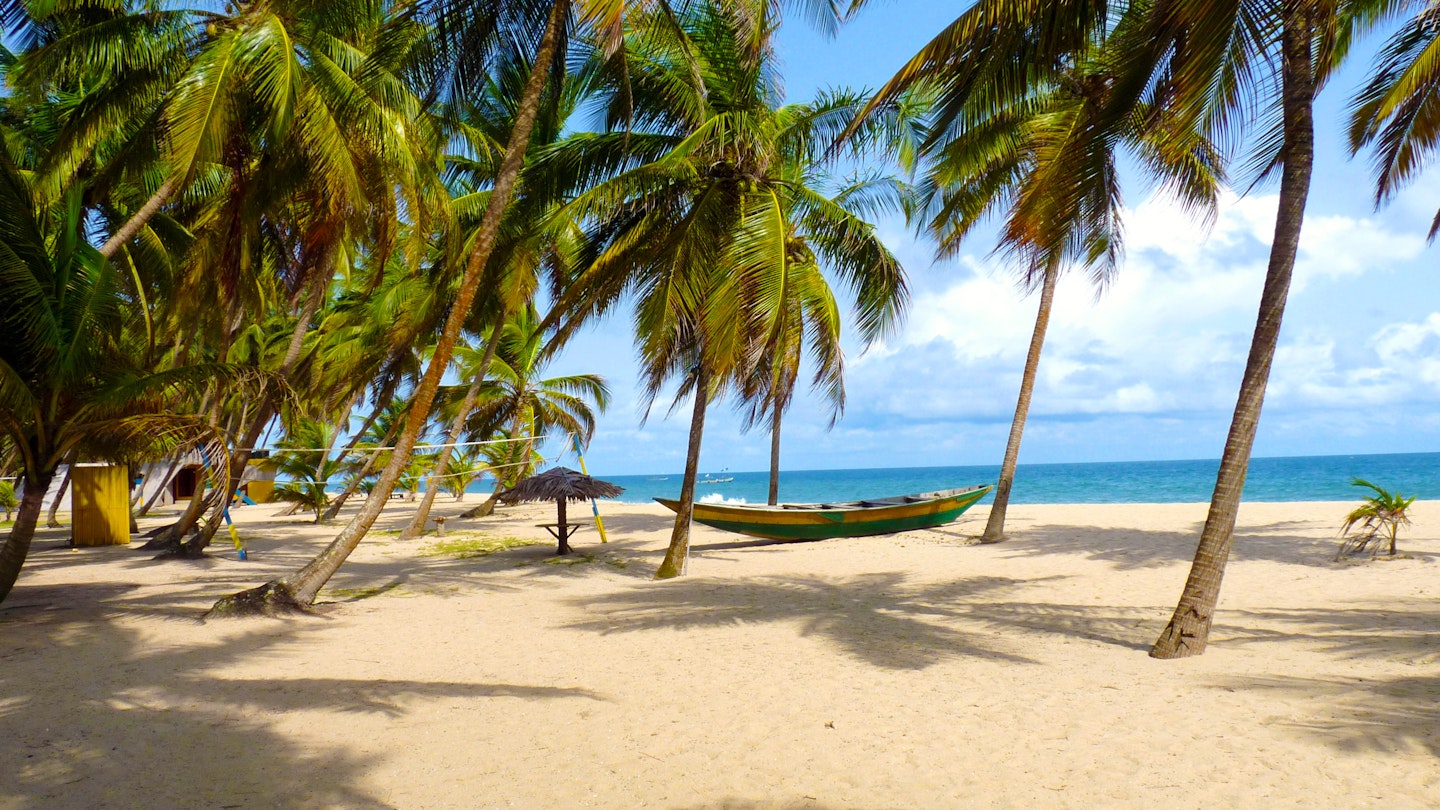Traveling to Nigeria: Visa Requirements and Applications
In the past decade, the Nigerian government has made significant efforts to improve the country’s Ease of Doing Business ranking. In 2017, it announced new visa considerations for business travelers and tourists, updated with the Nigeria Visa Policy 2020.
If you’re traveling to Nigeria for tourism, sports, entertainment, medical, or religious reasons, you qualify for the 90-day Short Visitor Visa.
As recently as five years ago, travelers had to choose from one of six categories when applying for a tourist or visitor visa to Nigeria. Now, easily accessible options include at least 75 categories. Moreover, while previously limited to applying at the nearest Nigeria Consular Mission, it is now possible to do so through four approved channels.
It is important to note that only citizens of ECOWAS/CEDEAO-member countries, Chad, and Cameroon can enter Nigeria visa-free. Nonetheless, travelers must have a passport valid for at least six months and two blank pages for stamps, or they can travel with the ECOWAS/CEDEAO travel certificate.

Applying for a Visa
The Nigerian Immigration Service encourages potential travelers to utilize available Visa Application Centers worldwide. Depending on your nationality and whether you’re applying for a single-entry or multiple-entry visa, current fees range from $2 to $400.
Traveling on a US Passport
If you’re holding a US passport, you can apply at the Online Integrated Services (OIS) centers located in New York, Atlanta, Los Angeles, Houston, or Washington D.C., with a fee of $160. The process begins online, allowing you to choose your location.
A common bottleneck in the online application process involves ensuring compliance with the specific photo requirements for the passport. The required dimensions for the passport photograph are 35x40mm (1.37×1.57in), should be in color, and set against a white background.
Travelers must download and print necessary forms, including the application form, acknowledgment slip, and payment slip. Essential documents include: a printed appointment confirmation, flight and hotel bookings, two recent passport photographs, a letter of invitation from your host in Nigeria, and a copy of their passport data page.
Furthermore, you must provide bank statements for the past two months showing a minimum balance between $500 and $1000, depending on the processing center. Proof of yellow fever and polio vaccinations is also required.
Finally, you will need to submit these documents via two US Postal Service Priority Mail Express envelopes with matching stamps; your passport will be returned to you in one of these, regardless of the visa decision.
Traveling from Other Countries
The e-Visa or Visa on Arrival options are open to all travelers, including citizens of African Union (AU) countries. Visa on Arrival fees for Westerners range from $140 to $270. It is essential to present return tickets, a passport photograph (on white background), and a scanned copy of your passport data page. A $90 charge for biometrics is also applicable.
Travelers can navigate the step-by-step guide on the Nigeria Immigration Service portal for e-Visa applications. Required documentation includes a letter of introduction, letter of invitation, flight itinerary, a copy of your passport data page, and for business travelers, a certificate of incorporation.
All applications for Visa on Arrival must be submitted no later than two weeks before your scheduled flight. Approval via email is essential prior to flying from your country. Remember to note the Reference ID and Application ID, which immigration officers require for verification.
In cases where travelers are accompanied by minors, the application process for Visa on Arrival must include an email to the Comptroller-General Immigration with a copy of the child’s birth certificate and a copy of the parent’s passport data page. Again, await email approval prior to departure.
Extending Your Stay
With the exception of transit visas and Temporary Work permits, travelers can extend their Short Stay Visa. This requires a physical visit to the Nigeria Immigration Service (NIS) offices, located in Abuja or Lagos, at least 30 days prior to visa expiry. Extensions may be applied for a period of 90 days or longer.
Upon Arrival
Once you have your visa and arrive in Lagos or Abuja, be prepared for the airport procedures, which may test your patience; anticipate spending two to three hours navigating through customs and passport control. For first-time visitors, brace yourself for the humid climate and the vibrant energy of the environment. Maintain a positive attitude while moving forward.
Despite any potential setbacks, you will soon discover a vibrant culture and experiences that define Nigeria; prepare for a memorable journey that will be one of your most enriching trips in West Africa.





